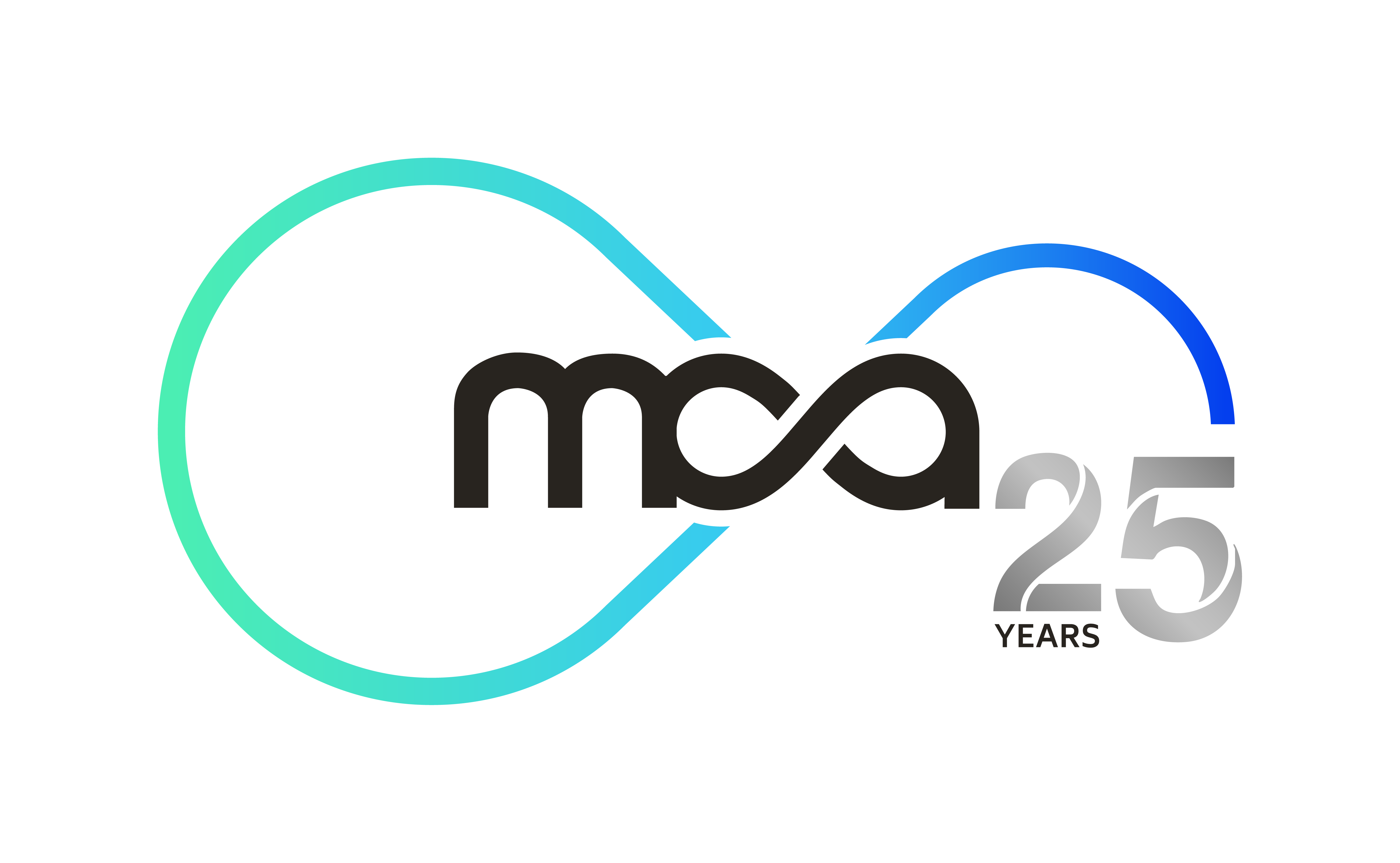Malta remains top performing country in broadband connectivity and the provision of digital public services
The Digital Economy and Society Index 2017 (DESI) published by the European Commission has confirmed Malta’s position as the best performing country across the EU in the field of broadband connectivity. Malta is the only Member State with full coverage of very fast broadband, with subscriptions to such services growing year-on-year. 80% of Maltese households today have a broadband connection, with 59% of these enjoying broadband speeds of 30Mbps or more. The number of subscriptions to mobile broadband is picking up, with a penetration of 66%, an increase of 3 percentage points over 12-months.
Minister for Competitiveness and Digital, Maritime and Services Economy Dr Emmanuel Mallia said ‘As an island nation with no physical links to mainland Europe, Malta is sensitive towards the benefits that connectivity and digitalisation can bring about. The dawn of the digital age has ushered in an era filled with new opportunities which were unimaginable even up to a few years ago creating growth and jobs. It is therefore paramount that we endeavour not only to complete the digitalisation but will also strive to ensure that whatever we achieve is fit for purpose not only for the present but also for the years to come‘ he concluded.
The MCA Chairman Dr Edward Woods also stated ‘The Malta Communications Authority has always worked hard to ensure that Malta is at the forefront in the provision of cutting-edge communications services. Industry players have played their part with ongoing investment in their networks, supported by a flexible regulatory environment. In this regard the MCA has always been quick to recognise the changing demands of the market and acted accordingly. ‘The technology and infrastructure is there, our challenge remains that of ensuring that everyone has the necessary skills to capitalise on the opportunities that this brings with it. We have made considerable inroads, but more can be done. We are fully committed to this mission and will continue to strive to gain even better results,’ he continued.
With regard to usage, Malta has improved its standing in terms of the number of internet users, which is reported at 76%, bringing it only 3 percentage points away from the EU average. The Malta Communications Authority will continue to roll our initiatives aimed at improving digital skills across different strata of the Maltese society. This figure is therefore expected to continue to increase in the coming year. The level of ICT specialist skills in Malta is in line with the EU average.
Although the number of internet users is slightly behind the EU average, those that are online are more active than EU counterparts. 82% of Maltese internet users are highly active on social media networks, ranking second across the EU. Interestingly, Maltese internet users are also reported to be avid users of video call facilities, with 48% engaging in such activity, compared to an EU average of 39%. The number of Maltese users engaging in online banking is also in line with the EU average.
On the business front, Malta has made positive progress in a number of indicators. It is reported that 20% of Maltese SMEs are selling online, ranking Malta above the EU average of 17%. Malta also exceeds its EU counterparts in terms of the number of enterprises engaging in social media activity, which is reported at 27%, against the EU average of 20%. Despite remaining below the EU average in terms of eCommerce turnover, Maltese businesses still registered a growth of 3.4 percentage points in this regard.
Furthermore, Malta is Europe’s leader in the provision of digital public services, ranking first out of all the 28 EU countries. On the downside however, Malta has a relatively low use of eGovernment with only 24% of eGovernment users, compared to the EU average of 34%.
Malta has been ranked 12th out of all the 28 EU Member States, improving its ranking over the DESI 2016.
The European Commission acknowledged Malta’s efforts on Open Data and the plan to launch a National Data Portal which will include both an open data portal to serve as the primary source for the harvesting of metadata for the European Data Portal and an internal data sharing platform to serve as the main mechanism for the implementation of the Once-Only Principle.
Mr Tony Sultana, Executive Chairman of the Malta Information Technology Agency (MITA), the agency responsible for eGovernment, welcomed these results. “The usage of eGovernment services remains a challenge in Malta and across all the EU member states. It is in this context that Malta is increasing its impetus to make online services accessible through mobile devices and thus paving the way towards achieving Government’s commitment to reach out to a wider spectrum of audiences through different channels.”
The index is an online tool to measure the progress of EU Member States towards a digital economy and society and assesses five main indicators: Connectivity; Human Capital; Use of the Internet by EU citizens; Integration of Digital Technology by the business community; and Digital Public Services.
Link to the European Commission web page for more information https://ec.europa.eu/digital-single-market/en/scoreboard/malta





